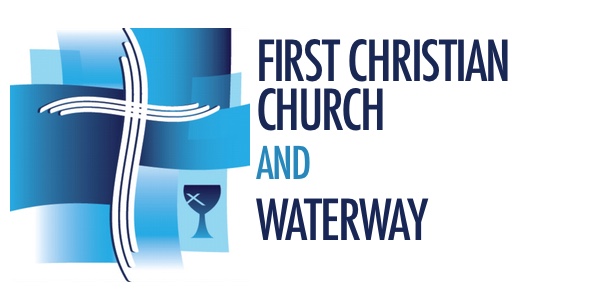When Jesus noticed that all who had come to the dinner were trying to sit in the seats of honor near the head of the table, he gave them this advice: “When you are invited to a wedding feast, don’t sit in the seat of honor. What if someone who is more distinguished than you has also been invited? The host will come and say, ‘Give this person your seat.’ Then you will be embarrassed, and you will have to take whatever seat is left at the foot of the table!
“Instead, take the lowest place at the foot of the table. Then when your host sees you, he will come and say, ‘Friend, we have a better place for you!’ Then you will be honored in front of all the other guests. For those who exalt themselves will be humbled, and those who humble themselves will be exalted.”
Then he turned to his host. “When you put on a luncheon or a banquet,” he said, “don’t invite your friends, brothers, relatives, and rich neighbors. For they will invite you back, and that will be your only reward. Instead, invite the poor, the crippled, the lame, and the blind. Then at the resurrection of the righteous, God will reward you for inviting those who could not repay you.”
Hearing this, a man sitting at the table with Jesus exclaimed, “What a blessing it will be to attend a banquet in the Kingdom of God!”
Jesus replied with this story: “A man prepared a great feast and sent out many invitations. When the banquet was ready, he sent his servant to tell the guests, ‘Come, the banquet is ready.’ But they all began making excuses. One said, ‘I have just bought a field and must inspect it. Please excuse me.’ Another said, ‘I have just bought five pairs of oxen, and I want to try them out. Please excuse me.’ Another said, ‘I just got married, so I can’t come.’
“The servant returned and told his master what they had said. His master was furious and said, ‘Go quickly into the streets and alleys of the town and invite the poor, the crippled, the blind, and the lame.’ After the servant had done this, he reported, ‘There is still room for more.’ So his master said, ‘Go out into the country lanes and behind the hedges and urge anyone you find to come, so that the house will be full. For none of those I first invited will get even the smallest taste of my banquet.”
Luke 14:7-24 (New Living Translation)
A Different Kind of Dinner Party
“The poor, the crippled, the blind, and the lame.” It shouldn’t come as any surprise that these are the people invited to the banquet in this parable. After all, Jesus begins his ministry in Luke’s gospel by reading these words from Isaiah:
“The Spirit of the Lord is upon me,
for he has anointed me to bring Good News to the poor.
He has sent me to proclaim that captives will be released,
that the blind will see,
that the oppressed will be set free,
and that the time of the Lord’s favor has come.” (Luke 4:18-19)
The poor in Jesus’ teaching about table etiquette are those unable to reciprocate. In the honor-based culture of first century Palestine, this would have been cause for shame. A person’s social standing was tied to where he fit within the patron-client system, a hierarchical system of relationships based on allegiances and favors. This defined every aspect of social life — even where a person sat at the table.
People with nothing to offer in terms of favors or alliances would not even have made it in the door. Yet Jesus turns assumptions upside down by declaring that these are the people invited to the meal. What is it with Jesus? Why this focus on the underbelly of society, on people generally perceived as unworthy of the kingdom of God?
Many people interpret this scripture as a rebuke to the Jewish folks who assumed the kingdom was theirs, and an expansion of God’s plan to include the Gentiles. While these themes were certainly important to Luke, so was the theme of dignity for the downtrodden.
Repeatedly, Jesus demonstrates the radical hospitality of God’s love, a love easier to accept from a position of humility than of pride.
There’s a Zen fable about a self-important man who visits a spiritual master to seek wisdom. The master pours him tea, and keeps pouring, so that tea overflows the teacup and spills onto the floor. When the man protests, the master explains that this is a metaphor. The man is so full of his own self-satisfied knowledge that he cannot possibly learn anything new.
A different culture, a different meal, but the same sort of lesson. How are we like the person in these stories, assuming the rightness of our positions while missing the earth-shaking import of God’s love?

